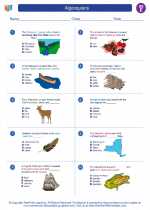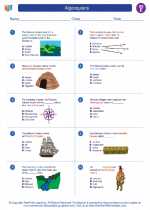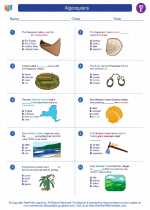Algonquians
The Algonquian people were a diverse group of Native American tribes who inhabited a vast area of North America, from the Atlantic Coast to the Great Lakes and the Great Plains. They spoke related languages and shared cultural traits, but were not a single unified nation or tribe.
Key Points to Remember
- The Algonquian people were a group of Native American tribes with shared cultural traits.
- They inhabited a wide region of North America, including the Atlantic Coast, the Great Lakes, and the Great Plains.
- Algonquian tribes spoke related languages, but were not a single unified nation.
Study Guide Questions
1. Where did the Algonquian people live?
The Algonquian people inhabited a vast area of North America, including the Atlantic Coast, the Great Lakes, and the Great Plains.
2. What was a common trait among Algonquian tribes?
Algonquian tribes spoke related languages and shared cultural traits.
3. Were the Algonquian people a single unified nation?
No, the Algonquian people were not a single unified nation or tribe. They were made up of various distinct tribes with their own specific territories and customs.
4. What is one interesting fact about the Algonquian people?
One interesting fact about the Algonquian people is that they were skilled in activities such as hunting, fishing, and farming, and they had a deep understanding of the natural environment in which they lived.
Conclusion
The Algonquian people were a diverse and culturally rich group of Native American tribes who inhabited a wide expanse of North America. Their shared languages and customs bound them together, while each tribe had its own unique identity and way of life.
.


